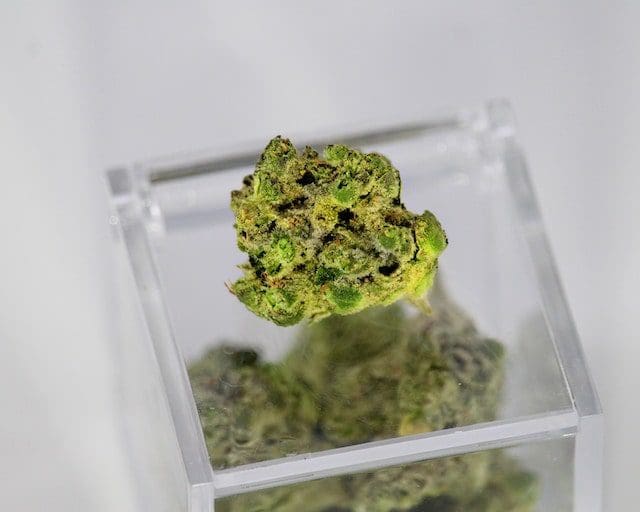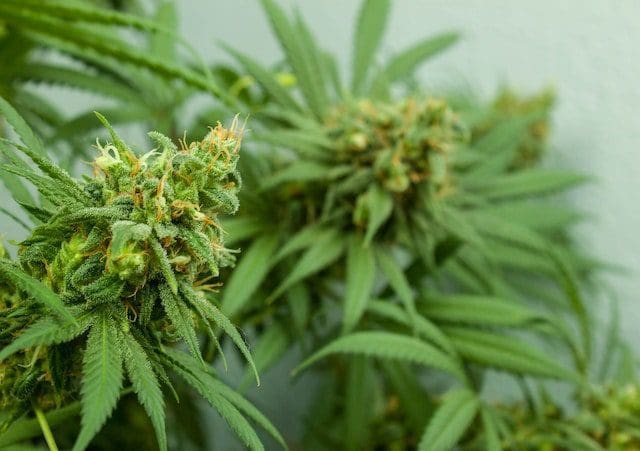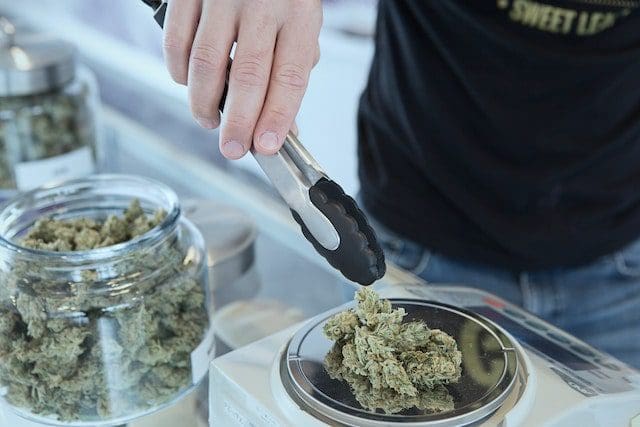When you look back at the complete dominance of cannabis legislation in the USA throughout its history, you begin to notice an interesting pattern. Although the past is never a perfect indicator of what the future might hold, you can see that there was a time when cannabis use was somewhat accepted, only punctuated by a brief but spasmodic time when the USA almost lost its collective mind and completely outlawed any use of marijuana (along with alcohol consumption for similar reasons). However, as the world has filled its usual trajectory through time and space, things have begun to change radically. While cannabis remains illegal on the federal level, most individual states have begun to take a more proactive and progressive stance on marijuana, particularly when it comes to the medical advantages the flower presents. This article defines medical cannabis and discusses the varied legal statuses of cannabis in the United States.
The Legal Ramifications Of Using Marijuana For Medical Purposes
The legal implications of using marijuana for medical reasons are intricate and differ by state. The legalization of medical marijuana varies, and not using it could lead to legal repercussions if you happen to be in a state that isn’t as conducive to its use as others (which isn’t many these days) or if you get caught crossing state lines where the federal government has still to come around to the advantages of legalizing it for either medical or recreational use. Nevertheless, as long as you follow the various regulations stipulated by your state of residence, you’ll find little in the way of friction and zero legal repercussions. For example, even in Florida, which has often gained a reputation for its draconian drug laws, you can acquire meal cannabis as long as you obtain the correct documentation. If you’re wondering how to get marijuana card in Florida, the process for The Sunshine State is relatively similar to most other states that retain rather strict control over its use (which is to say strict, but not impossible). In most cases:
- You need to be a resident of the state
- Visit a registered doctor who will determine if your conditions qualify
- Get assigned some form of medical ID
- Register with the relevant department (usually online)
Once you have been approved, most states will require you to renew your medical card yearly and visit your physician at regular intervals stated by state law. Further to this, you are usually only permitted to purchase a specific amount of cannabis from a state-registered dispensary and follow similar rules that apply to alcohol (i.e., not when driving, in public, or around schools). Failure to comply with any of the stipulated regulations could involve hefty fiend, the chance of losing your medical card, and possibly even legal repercussions, particularly in the case of operating a vehicle on a public road.
In addition to understanding the legal aspects of medical marijuana, it is essential to consider the financial options available for patients seeking access to this treatment. One interesting development in the cannabis industry is the growth of cannabis vendor financing, which provides opportunities for businesses to offer flexible payment plans for their customers. This approach not only makes medical marijuana more accessible to those in need but also allows dispensaries to support their clients in navigating the often-high costs associated with obtaining medical cannabis. As legal frameworks evolve and more states recognize the potential benefits of medical marijuana, such financing options are becoming increasingly relevant for both patients and providers.

Qualifying Conditions For Medical Marijuana Use
If you want to obtain your medical card legally (hint: you do), most jurisdictions will set a list of conditions they believe make its use not simply permissible but the most appropriate choice among others. Again, the legality of cannabis and the circumstances under which it may be preferable to other forms of treatment will be interpreted differently by each state. Nevertheless, most agree that the following conditions invariably meet the criteria that make the use of medical marijuana preferred over harsher pharmaceutical alternatives:
- Chronic pain (to be determined by a local doctor who is permitted to qualify patients for marijuana use)
- AIDS
- Cancer
- Glaucoma
- Migraine
- Muscular diseases like MS
- Seizure
In most cases, although you will need to prove one or more of these conditions to your doctor in order to be allowed to apply for a card, once you have obtained a medical card, law enforcement officers will be unable to arrest you or confiscate your cannabis supply. However, like most of this article, there are some caveats!
For example, if you are stopped by the police, you could be legally detained while they cross reference your ID with their database. You are usually allowed to move on when everything comes back all clear. Nonetheless, it’s crucial to comply in these cases as it will make your life far easier and quicker.
Secondly, as previously mentioned, if you are caught driving while under the influence, you may still be arrested regardless of whether you have permission to consume the herb.
Benefits Of Medical Cannabis
It’s no great secret that the use of marijuana for medical purposes has been around for a long time. According to some studies, it goes back millennia, with the ancient Chinese using it to treat various ailments. It’s also reasonable to assume that many ancient practitioners used THC because of the “intoxicating” effects that persist within the substance for their own benefit, nefarious or otherwise. Nonetheless, the ever-increasing amount of scientific research published on the matter indicates that weed can be a fantastic alternative to more “conventional” forms of medication.
Aside from the conditions mentioned previously, marijuana has proven beneficial in many circumstances, from reducing anxiety (when used in moderation) to reducing the impact of mood disorders. It’s generally accepted that cannabis interacts with your endocannabinoid system, which has long been proven to play a crucial role in central nervous system functions.

Possible Side Effects
There is always a chance of experiencing unwanted effects when consuming a new substance for the purpose of manipulating something in your body, and cannabis is no different. When it comes to medical marijuana, most side effects seem to focus on the psychosomatic side of things. For instance, overuse can result in memory problems or even depression if you develop an overreliance. However, while it’s true that cannabis isn’t completely risk-free, most people agree that it’s a much better option than pharmaceuticals like painkillers, which can be harmful to your organs if you take too many of them.
What Delivery Methods Are Open To You?
Most novice users tend to fall back on the only way they know how to consume the drug, which is to create a cigarette and smoke it. However, you can use numerous alternative techniques that will not only improve its delivery but allow you to avoid the adverse effects of smoke inhalation. The most notable options at your disposal include the following:
- Vaporizing
- Sublingual administration
- Edibles
When in doubt or unsure of your options, you can always speak with your doctor. Your doctor is able to recommend the best ways conducive to your circumstances.
As the chorus for legalization continues to increase in volume, many are wondering where the US will stand in the future. As you have read in this article, almost all states permit medical marijuana when prescribed by a certified doctor, but it still remains illegal at the federal government level.



























